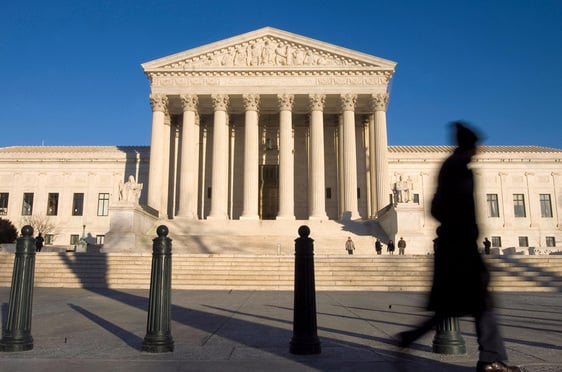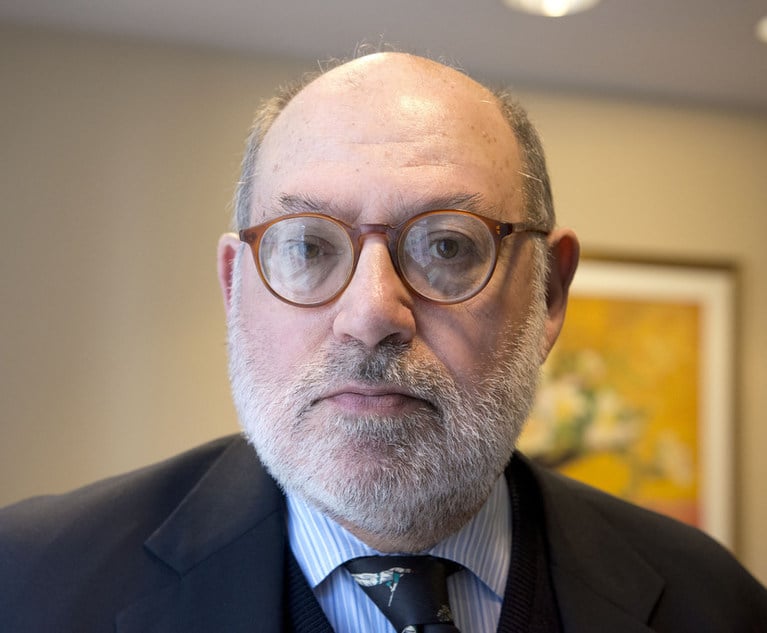Sometimes a decision of the U.S. Supreme Court seems so unusual that it cries out for some reasonable explanation as to why the court took the case in the first place, what constitutional principle is at stake that the court sought to vindicate, and whether there may have lurked a dramatic backstory to explain the decision. The court’s ruling on March 7th in Uzuegbunam v. Preszewski is that kind of a case, turning a modest college free speech dispute into a pedantic debate over whether the federal judiciary should be forced to decide a lawsuit involving nominal damages of one dollar.
Chike Uzuegbunam, an evangelical Christian student at Georgia Gwinnett College, engaged in conversations with interested students at an outdoor plaza and handed out religious literature. A campus police officer informed Uzuegbunam that campus policy prohibited distributing religious materials in that area and ordered him to stop. Uzuegbunam was told that he could speak about his religion and distribute materials only in two designated “free speech expression areas,” which together make up a tiny area of the campus, and only after securing a permit. He applied for and received a permit to use the free speech zone, but after speaking for 20 minutes, another campus police officer told him to stop, this time saying that people had complained about his speech, which violated another campus policy because it led to complaints. Uzuegbunam (later with another student) sued the college officials in charge of enforcing the college’s speech policies, arguing that the policies violated the First Amendment. He sought an injunction and nominal damages. The college initially claimed that Uzuegbunam’s discussion of his religion arguably constituted “fighting words,” but abandoned that strategy and instead decided to scrap the challenged policies entirely. The college then moved to dismiss, arguing that the suit was moot because of the policy change. Uzuegbunam agreed that injunctive relief was no longer available but contended that the case was still alive because he also sought nominal damages. The federal district court dismissed, holding that a claim for nominal damages by itself was insufficient to establish standing. The Eleventh Circuit affirmed, stating that a request for nominal damages can keep a case alive when a person pleads but fails to prove an amount of compensatory damages, but because Uzuegbunam did not seek compensatory damages, nor claim any future injury, his plea for nominal damages could not by itself establish standing.


 U.S. Supreme Court building. (Diego M. Radzinschi/ALM)
U.S. Supreme Court building. (Diego M. Radzinschi/ALM)




